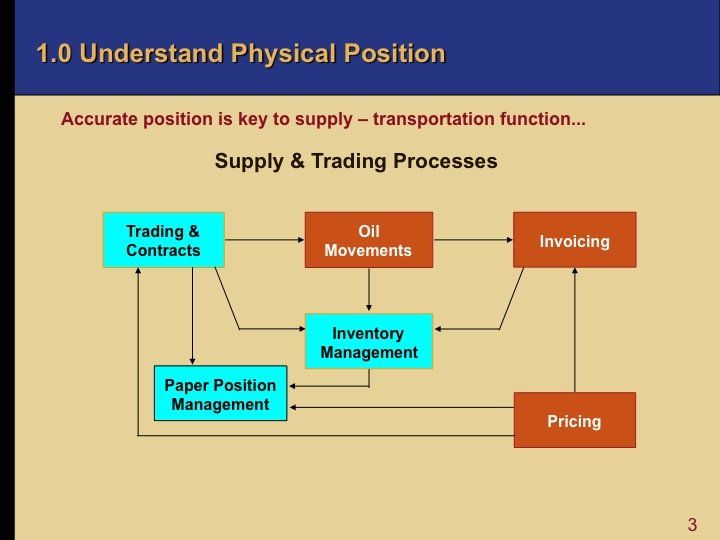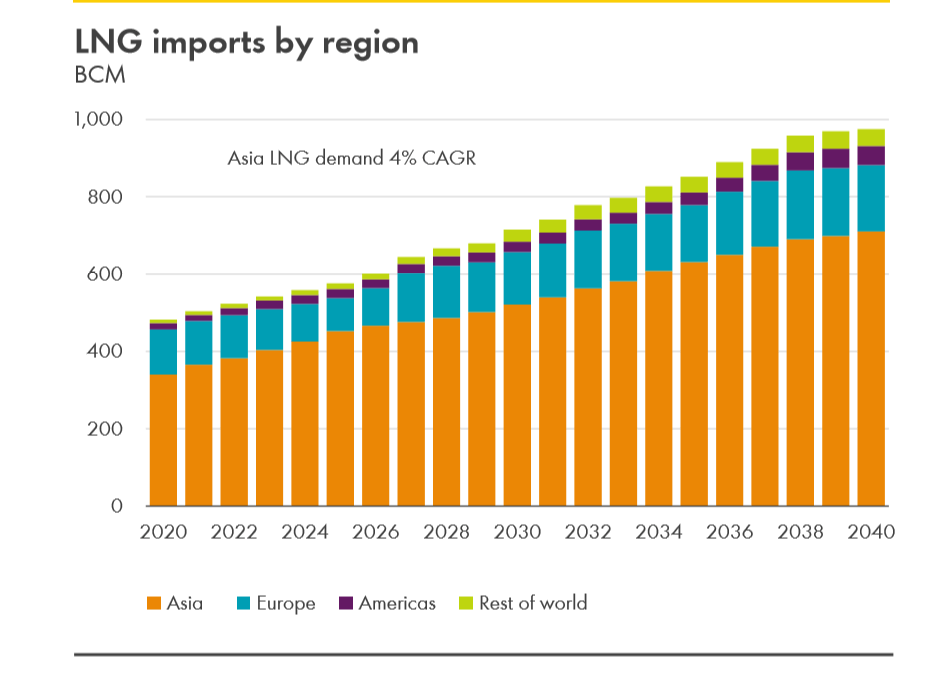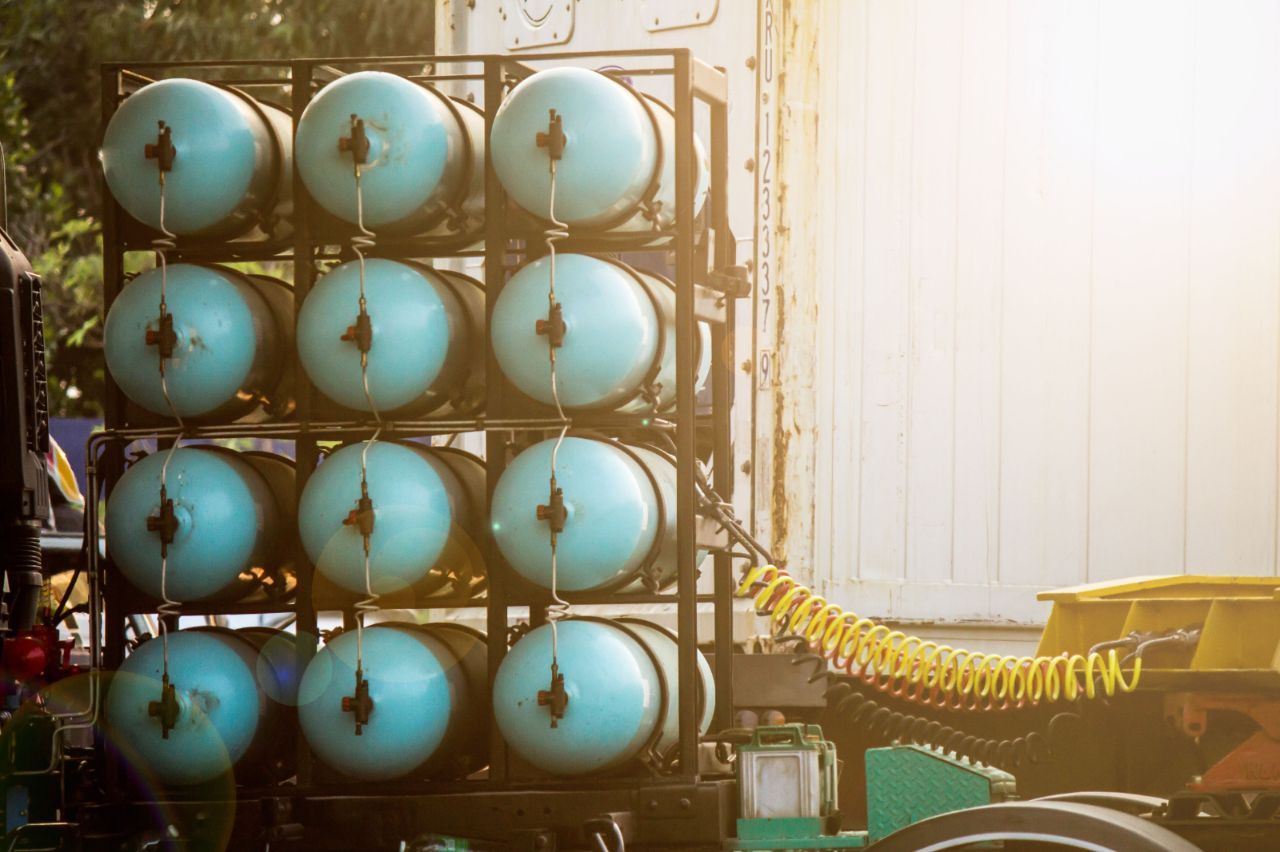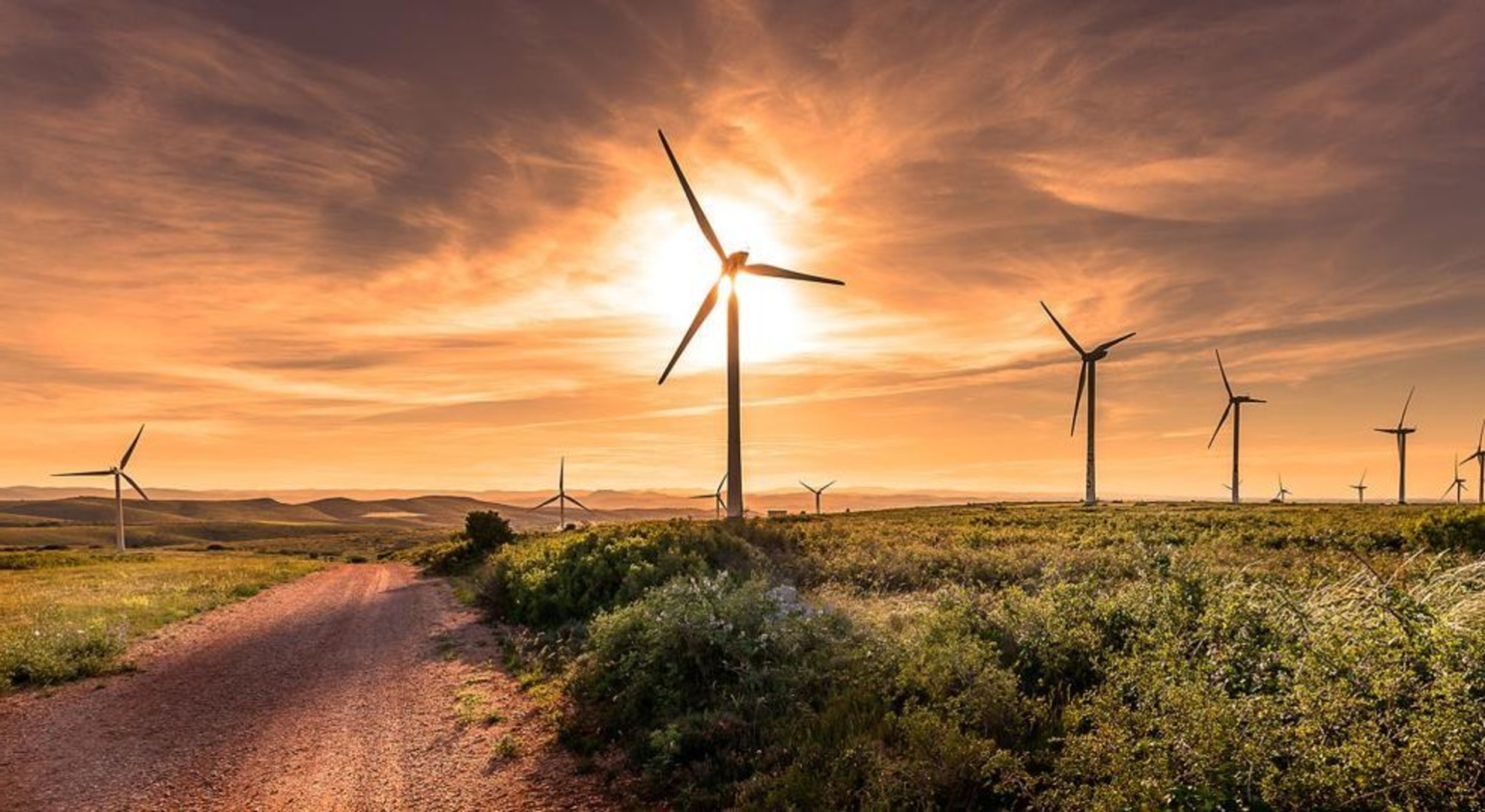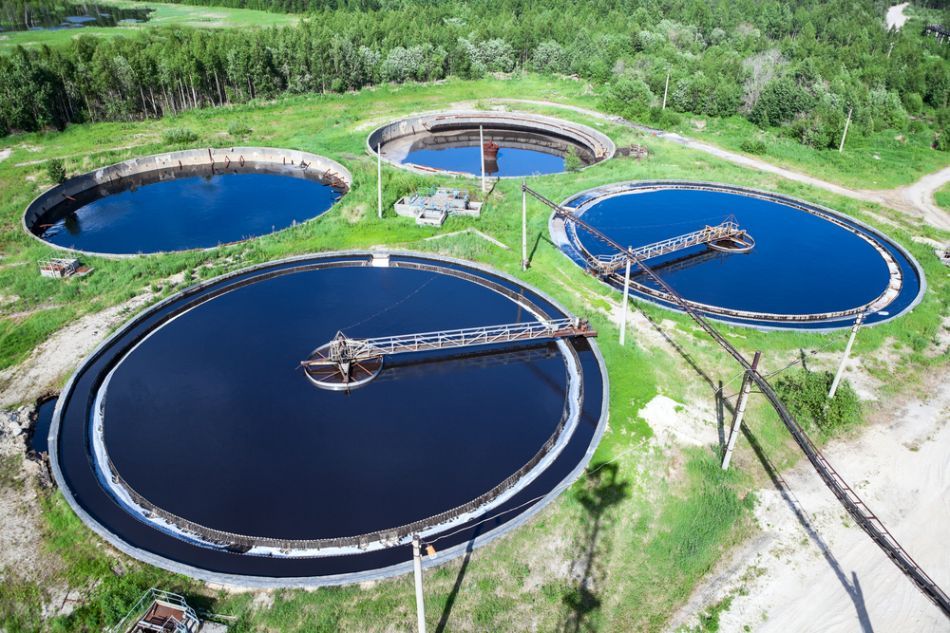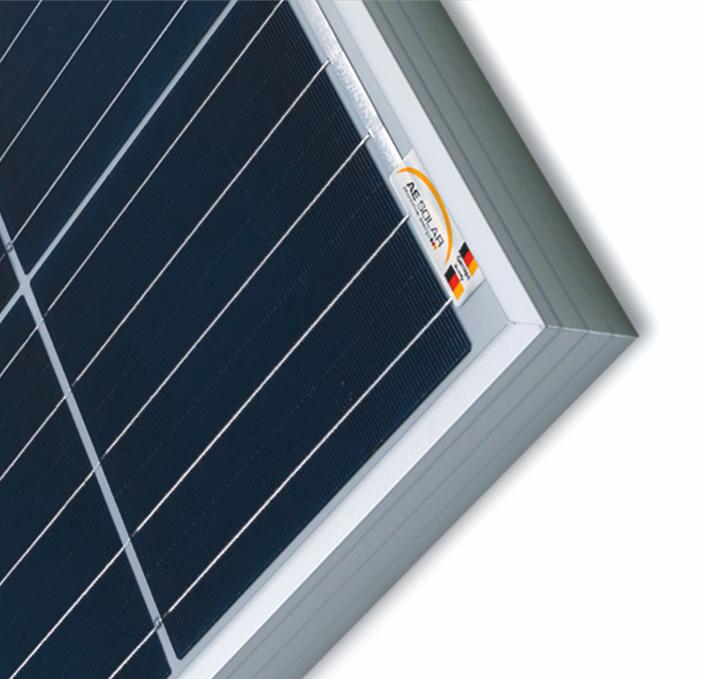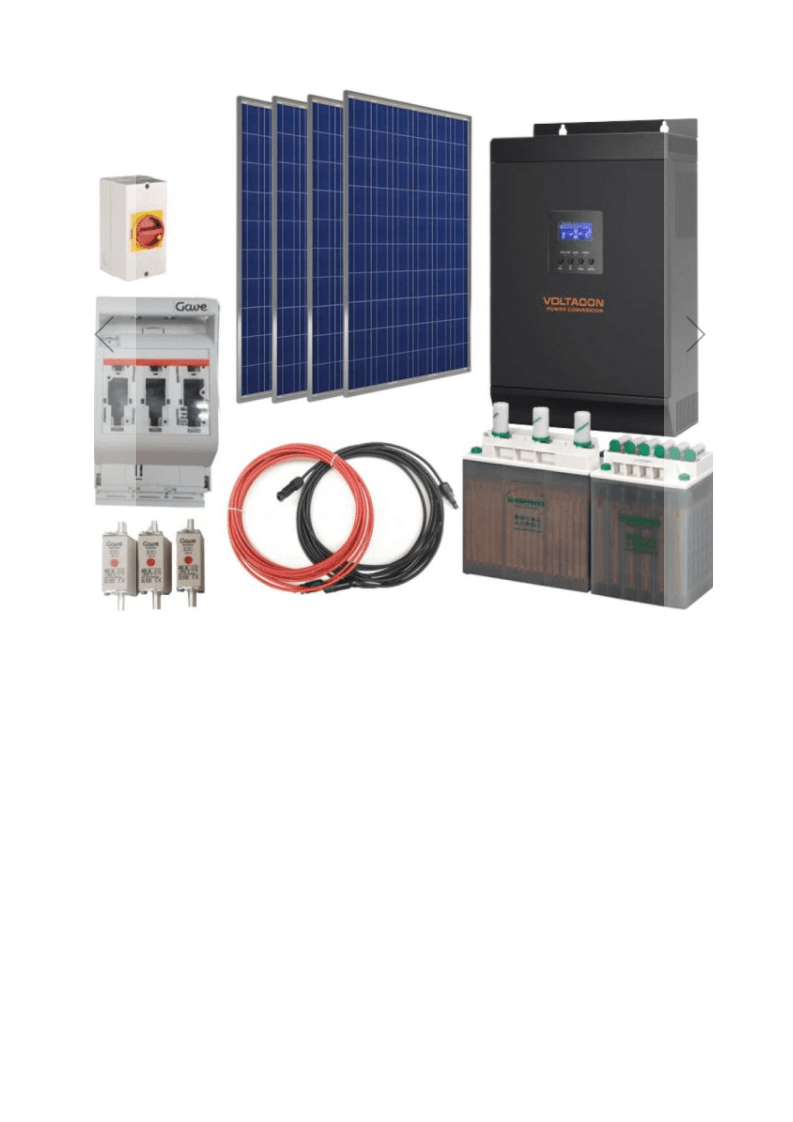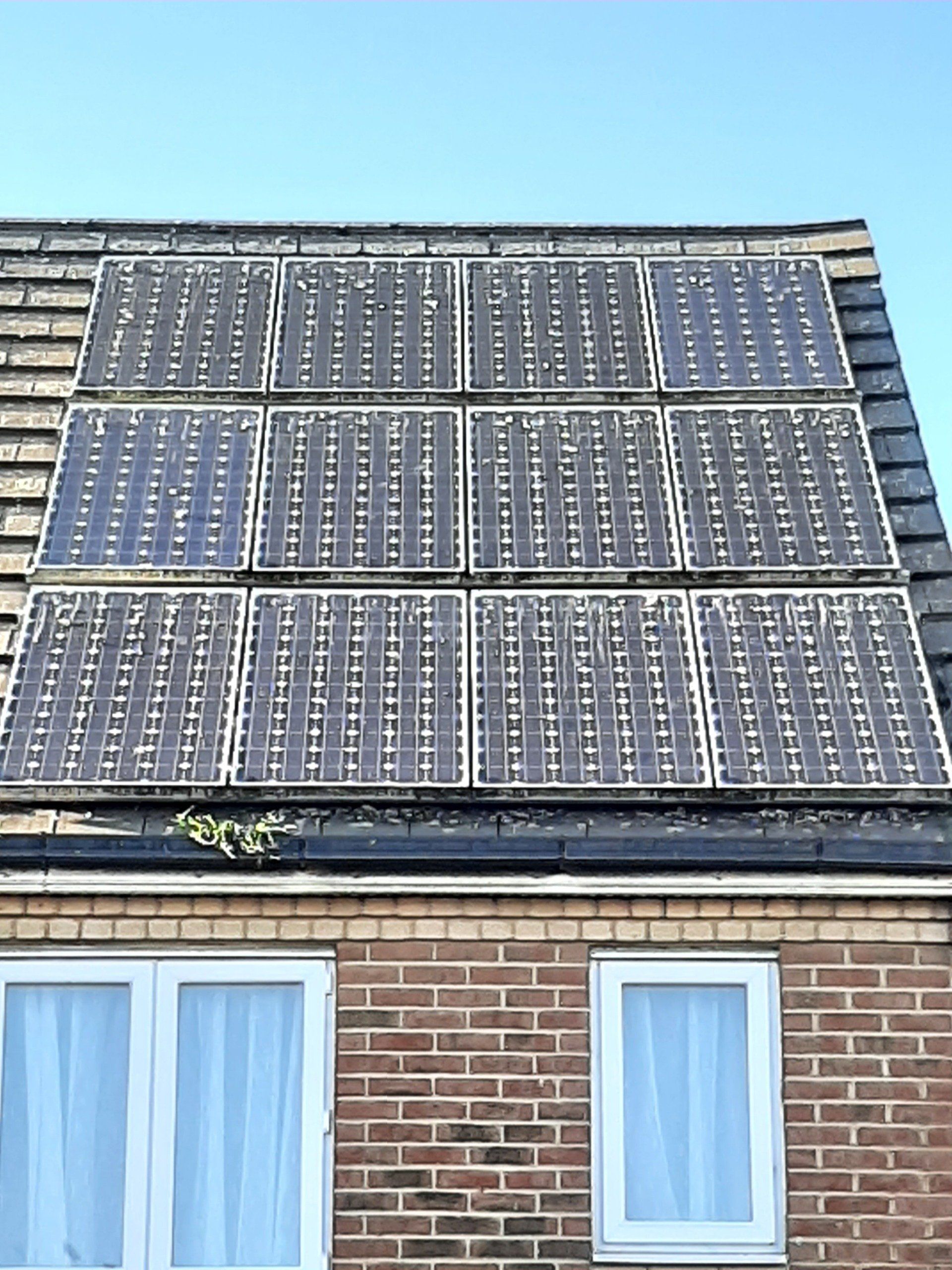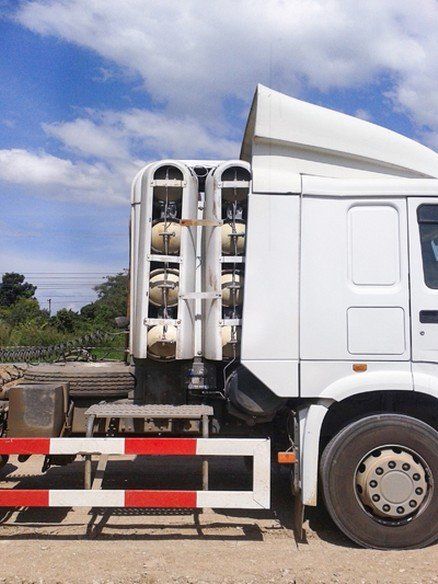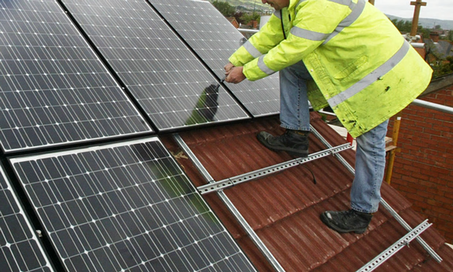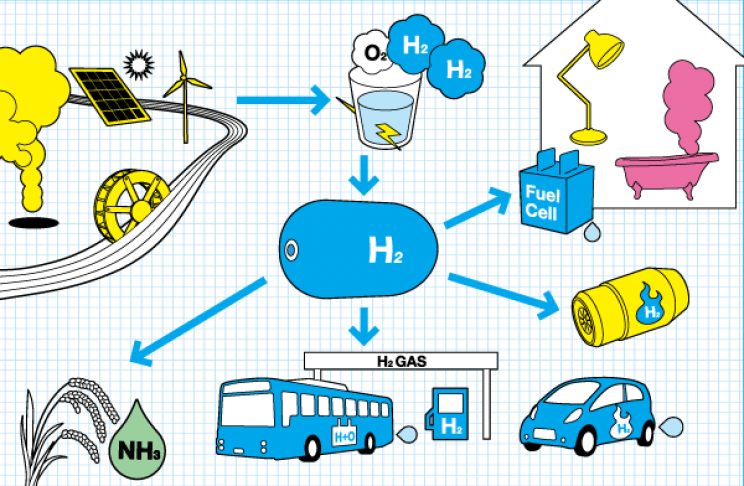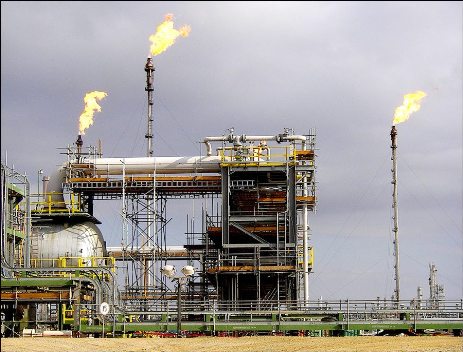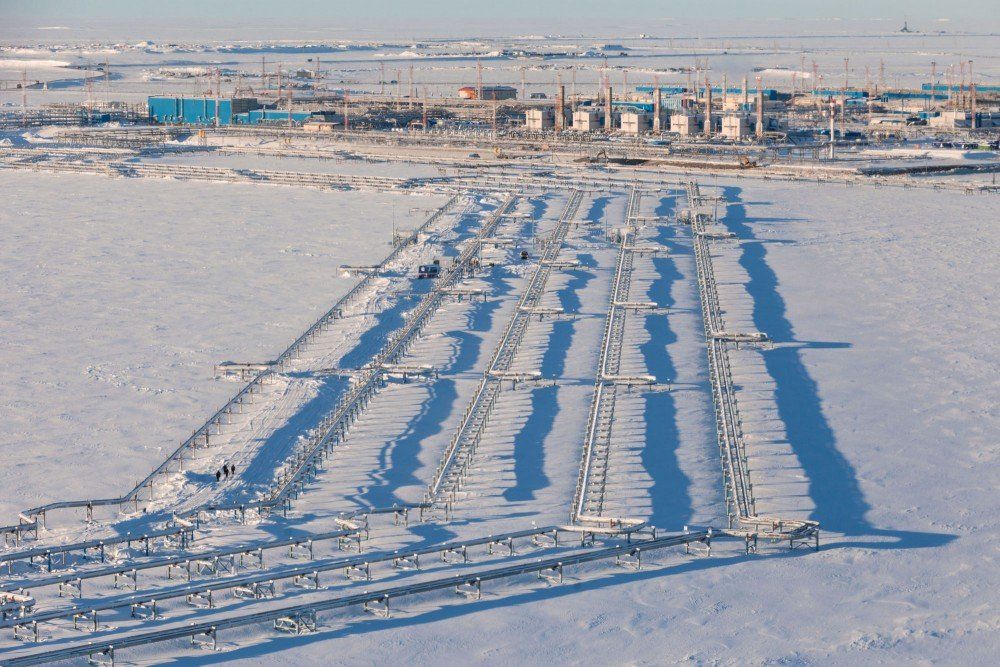Energy Independence - Producing Bio-Gas
Collecting, Storing and Upgrading Biogas To Biomethane
In our effort to reduce the cost of fuel, we have stated producing Bio-Methane, with ultimate aim of selling to members only at about N50.00 Naira per kg. We are current undergoing experimental version at Yakoyo, in Oshun State.
We ensured that it: -
- comply with the biomethane quality protocol when you produce and use bio-methane
- store activated carbon for upgrading biogas in line with the manufacturer’s instructions
- dispose of spent carbon as hazardous waste at a permitted waste facility
- store less than 10 tonnes of biogas or less than 50 tons of biomethane at sites at any one time
- store biogas or biomethane on site for longer than 6 months
Maintain Records Documenting
- Gas Capture Rate (GCR)
- Storage Volumes (SV)
- Amount of gas and biomethane produced and used
- Permit is needed if you combust biogas or biomethane other than a surplus gas flare
Plant Design And Management
Compliance with the Dangerous Substances and Explosive Atmospheres Regulations.
As part of this you must:
- get an assessment produced by a suitably qualified process engineer
- install the appropriate explosion protected ATEX rated equipment
- provide the Environment Agency with evidence of the engineer’s qualifications and competence
- install pressure relief and vacuum systems that are designed to the capacity of your plant
- to validated and calibrated by a technically competent engineer to the relevant codes and standards
- manage the pressure relief systems and pipework following a suitable maintenance regime
- have written examination scheme
- inspect every item of ATEX equipment at least every 3 years
- control the risks of confined spaces
- work towards relevant technical competence qualification for the waste activity, as explained in requirements of an approved competence scheme
Prepare for Incidents
- standby flare or a means to use and combust biogas and biomethane if there is an emergency incident
- do not vent collected gas except in an emergency
- Venting must carefully follow the system design instructions to make sure the gas does not ignite
- keep records of the time and duration of any venting
In case your activities suffer an accident or incident that leads to pollution, you must please, tell the Environment Agency what measures you will take to mitigate against pollution impacts.
Regulatory Position Statement
In all ZTE operating zones in the World Regulatory Position Statement (RPS) does not change your legal requirement to have an environmental permit when you: -
- collect and store biogas from on-farm manure or slurry lagoons and tanks
- upgrade this biogas to biomethane
However, the Environment Agencies will not normally take enforcement action against you if do not comply with this legal requirement, provided that: -
- your activity meets the description set out in most national RPS and
- you comply with the conditions set out in it
Additionally, your activity must not cause (or be likely to cause) pollution of the environment or harm human health, and must not: -
- cause risk to water, air, soil, plants or animals on one hand
- cause nuisance through noise or odours or
- adversely affect the countryside or places of special interest
Activity this RPS applies to
- collecting and storing biogas from manure or slurry lagoons and tanks on a farm at the place of production
- upgrading this biogas to biomethane
This RPS only applies to slurry and manure produced by agriculture consisting of: -
- sludges from washing and cleaning milking parlours or livestock housing, waste code 02 01 01
- animal feces, urine and manure, including spoiled straw and fully biodegradable animal bedding, waste code 02 01 06
- milk from agricultural premises, including milk unsuitable for consumption or processing, waste code 16 10 02
Compliance Conditions
Tanks and Lagoons
- use tanks and lagoons that comply with the Silage, Slurry and Agricultural Fuel Oil (SSAFO) regulations.
Inform the Environment Agency at least 14 days before: -
- building new storage to be used under this RPS
- make changes to an existing store that to use under this RPS
- use lagoon and tank covers that are engineered and fitted by a technically competent engineer and installer
- provide the Environment Agency with evidence of the engineer’s competence, (Their qualifications and experience, and if they are chartered.)
CNG Nigeria
CNG Producer/Distributor with Forecourt Outlet in Nigeria
We promote the use of renewable and low-carbon fuels, including solar, for end-use applications where direct electrification are not feasible, inefficient or of higher costs, as in diesel generators. Renewable gases and liquids produced from biomass, or renewable and low-carbon offer alternative solutions.
We store the energy produced from varieties of renewable sources, exploiting synergies between the electricity, gas and end-use sectors.
As an examples using renewable hydrogen combine with CNG in industrial processes, heavy-duty road and rail transport, synthetic fuels produced from renewable electricity in aviation and maritime transport, or biomass in the sectors where it has the biggest added value
Challenge
Every successful product is the fruit of hard work, and this applies to every field of business. Intuition alone is not enough to create a product that people will love and use. You also need to do your research, thinking, planning, differentiating yourself, and more. Write about some of the challenges you faced in designing this product and what steps you and your team took to overcome them.
NIGERIA CNG STATION ROLLOUT
Number of Stations: - 4
1. GPS: 7.286384357439075, 3.863362631829033; Old -Lagos Road junction with Lagos-Ojoo Express Way
2. GPS: 7.393382895361396, 3.749978333553129; Abeokuta-Ibadan Road
3. GPS: 7.528327328896685, 3.916476717628634; Ibadan-Oyo Road junction with Iyana Apapa Road
4. 7.391334058540138, 3.9742169261439577; Ibadan Ile Ife Express Way junction with Alaakia Iyana Church Road
Number of Stations - 2
1. GPS:7.496299011198136, 4.512188744928295; Ibadan – Ife Road
2. GPS: 7.49799066621179, 4.570034746113306; Ife – Ilesha Express Way
Number of Stations - 2
1. GPS:7.5886424944061295, 4.73945628070765; Bolorunduro; Junction of Oshogbo -Ilesha Road with Ibadan – Ilesha Road
2. GPS:7.660361928398437, 4.7203385661807316; Oshogbo - Ilesha Road
Number of stations – 3
1. GPS: 7.734490686089774, 4.515412901938741; Gbongan -Oshogbo Road
2. GPS: 7.792485206546535, 4.4946294220804; Igede – Awo Road
3. 7.837406637502015, 4.6013951498046675; Oshogbo – Ikirun Road
Number of Stations – 2
1. GPS: 7.849946484762242, 3.903691791229613; Ibadan – Oyo Road junction with Iseyin Road
2. GPS: 7.851732952878304, 3.956807765675919; Ajejule; Oyo – Ogbomoso Road
Number of Stations – 1
1. GPS: 8.164070526140396, 4.256958658590758; Opposite Oyesola Biola Supermarket
Number of Stations – 5
1. GPS: 8.422172151663883, 4.48618360390495; Ogbomoso Road
2. GPS: 8.532225792016177, 4.4869371098314454; Ilorin – Jebba (bode Sadu Road)
3. GPS: 8.541797697737309, 4.552881172404527; Sobi Road
4. GPS: 8.546504411265868, 4.6464475034838175; Share Oja Baba Road
5. GPS: 8.413504633741956, 4.627188097570469; Omu – Aran Oja Oba Road
Number of Stations – 3
https://www.google.com/maps/@9.1552455,4.812824,14.83z
1. GPS: 9.105858502447772, 4.825974777496962; Ilorin Junction Bode Sadu Jebba Road
2. GPS: 9.14620515677291, 4.814163697137174; Jebba – Mokwa Road
Number of Stations – 1
1. GPS: 7.597649052183273, 5.220572355409916; Ado-Ikare Road
Number of Stations - 2
2. GPS: 7.489092152288256, 5.228537346477617; Ikere Ogotun Ipetu Ijesha Road
3. GPS: 7.470476491183051, 5.226743732591742; Akure Ado Road
Number of Stations – 3
1. GPS: 7.281462598750332, 5.219611419927255; Akure – Benin Road
2. GPS: 7.248569054133611, 5.129543000009661; Ondo – Akure Road
3. GPS: 7.326052505299202, 5.111009895780429; Akure – Ilesha Road
Number of Stations – 3
1. GPS: 7.032187486859405, 4.839606767390772; Ore -Ondo Road
2. GPS: 7.119143548211243, 4.801472642892747; Ondo -Ife Road
3. GPS: 7.121085242501244, 4.865427950633724; Ondo – Akure Road
Number of Stations – 2
1. GPS: 6.761527660355357, 4.874563794637595; Lagos Benin Express Way
2. GPS: 6.76244561195499, 4.875034475936098; Ondo Road
Number of Stations – 1
1. GPS: 6.727163843649666, 4.550250256700677; Sagamu Benin Express way
Number of Stations – 1
1. GPS: 6.791649803007621, 3.943452747108115; Sagamu Benin Express Way
Number of Stations – 2
1. GPS: 6.86372489013255, 3.6484543827467384; Sagamu Benin ExpressWay
2. GPS: 6.863936597481875, 3.6483430710837226; Sagamu Benin Express Way
Number of Stations - 3
https://www.google.com/maps/@6.6196464,3.4735524,19.65z
https://www.google.com/maps/@6.6227667,3.4814811,19.65z
https://www.google.com/maps/@6.6089641,3.4264174,20.6z
1. 6.623102976287286, 3.482382778562694; Ikorodu Road
2. 6.624579997481142, 3.4928528183933785; Ikorodu Road
3. 6.609096906767473, 3.425936607172851; Ikorodu Road
Number of Stations – (1 confirmed, looking for more properties)
https://www.google.com/maps/@6.5991765,3.3806634,15.54z
https://www.google.com/maps/@6.4757885,3.5816231,13.17z
https://www.google.com/maps/@6.4443324,3.438325,13.17z
https://www.google.com/maps/@6.507171,3.3939101,15.54z
https://www.google.com/maps/@6.4411699,3.3613563,16.73z
https://www.google.com/maps/@6.4560006,3.3617538,16.33z
1. GPS: 6.597961107023324, 3.378481770744655; Lagos/Ibadan Expreeway
2. GPS: 6.4675067847675844, 3.5791761613598725; Aja
3. GPS: 6.430275311507801, 3.4449010810580636; Maroko
4. GPS:6.511432905711216, 3.3904017357116665; Lagos University
5. GPS:6.478123145462668, 3.367965921270014; Iganmu
6. GPS:6.440404575455902, 3.3602301700694035; Apapa Hospital
7. GPS: 6.455873667599099, 3.3641040723967226; Apapa Mobile Road
8. Negotiation for Fadyi
9. Yaba/Igbobi
10. Surulere
11. Mushin/Ilupeju
12. Maryland
13. Ikeja (draft agreement)
14. Agege
15. Ota (draft agreement)
Related Projects
Learn more about Hydrogen here
We have been quietly laying out the ground for the hydrogen industry for Nigeria. Since no one is doing it, so we sent a letter to the Federal Government, stating our intention to come up with the first Hydrogen fuel product plant in the country.
We propose to build an electrolyser and a fuel cell Giga factory, to boost the country’s emerging alternative fuel and hydrogen economy. For now Hydrogen is considered the best way to decarbonise by many industries but like other it is the not the ace.
However, Green Hydrogen is a unique energy vector with potential to enable deep decarbonisation of many sectors such as transportation, industry and power. One of the most common methods of generating green hydrogen is by electrolysis of pure water through electrolysers.
The vision of an Electrolyser Giga Factory is to manufacture modular electrolysers of highest quality, efficiency, and lowest capital cost, to be use in captive production of green hydrogen in domestic environment.

